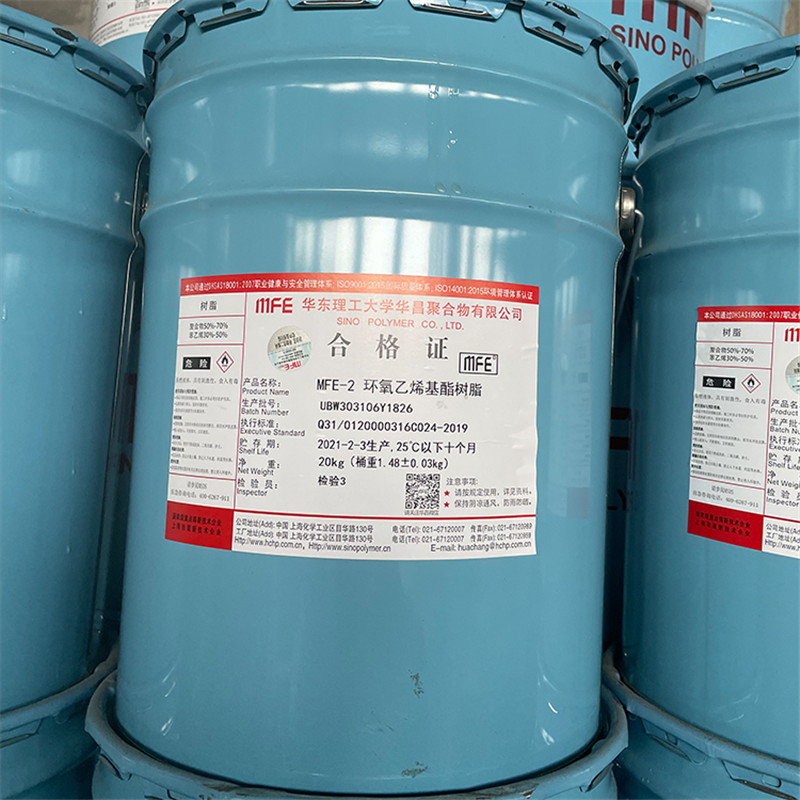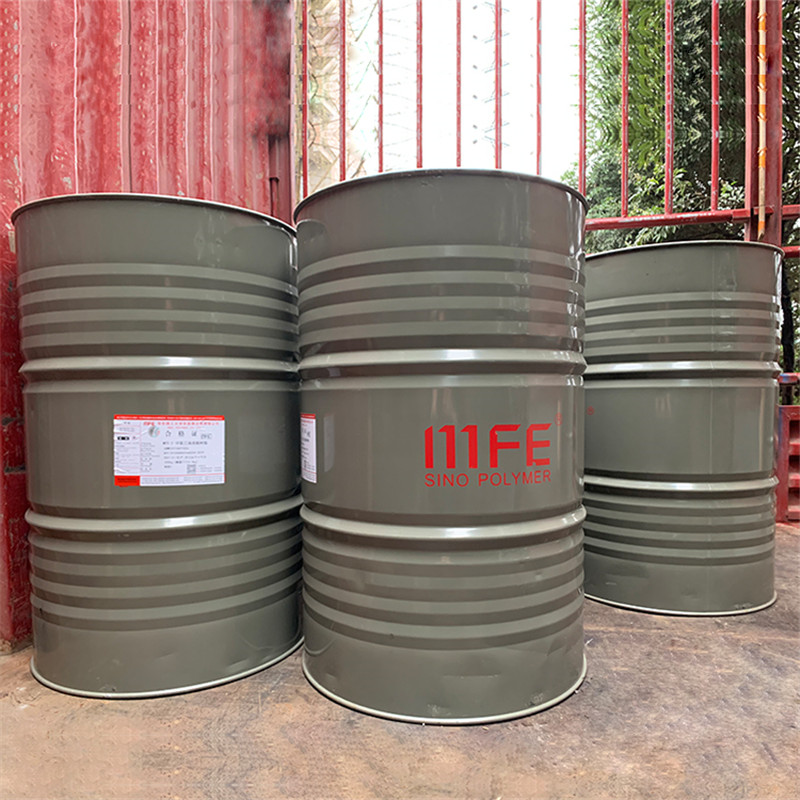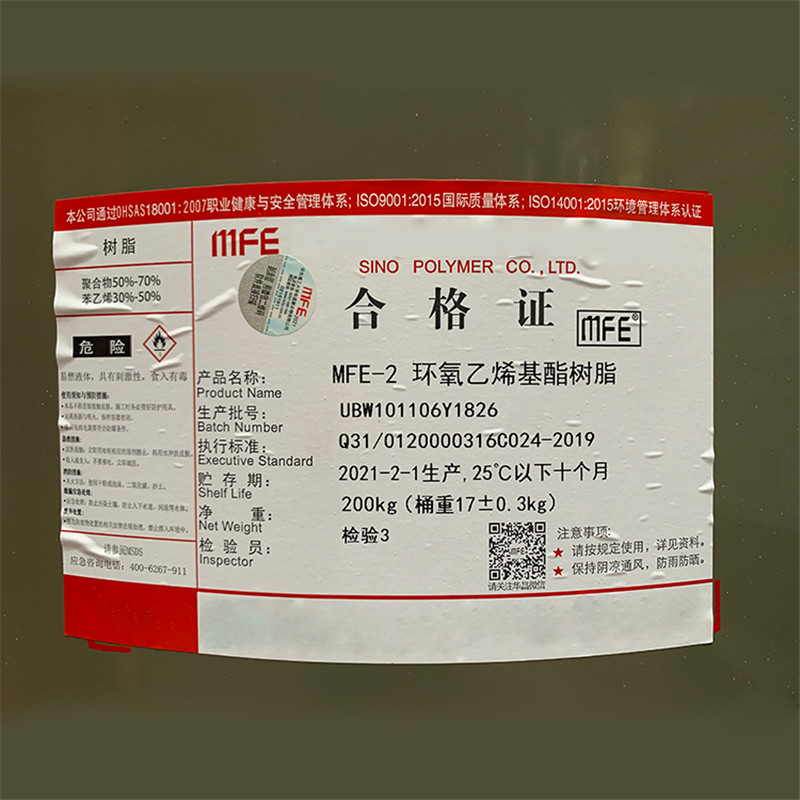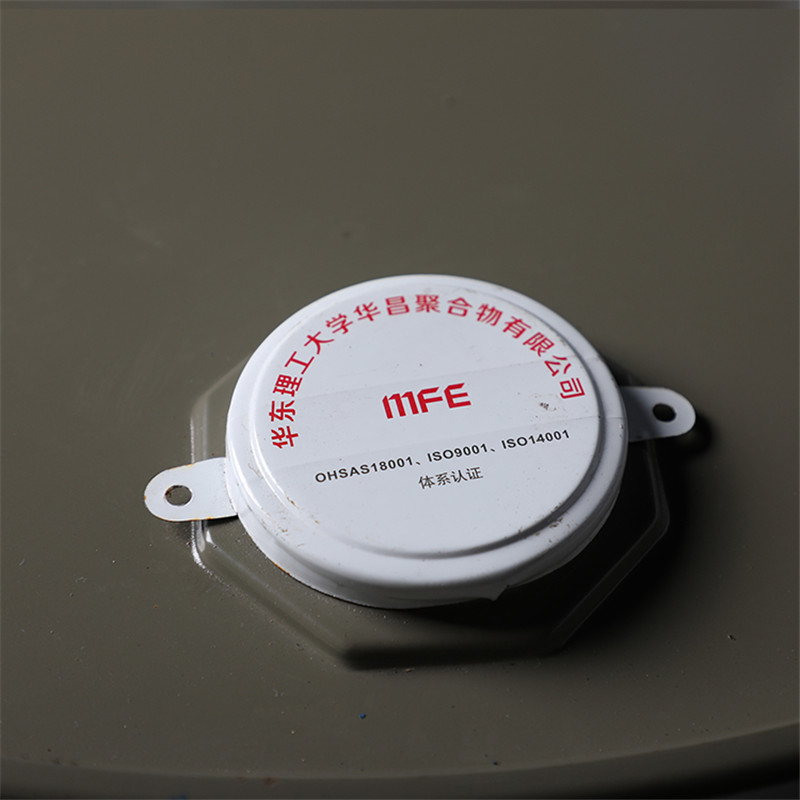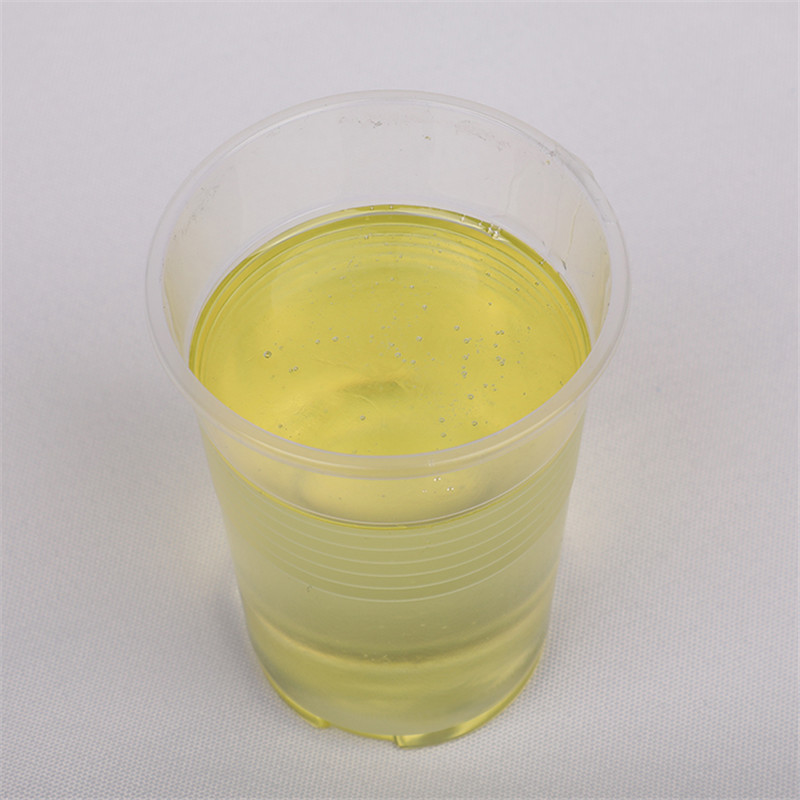Characteristics:
- Chemical Resistance: Vinyl ester resins are highly resistant to a wide range of chemicals, including acids, alkalis, and solvents. This makes them suitable for use in harsh chemical environments.
- Mechanical Strength: These resins offer excellent mechanical properties, including high tensile strength and impact resistance.
- Thermal Stability: They can withstand high temperatures, which is crucial for applications involving exposure to heat.
- Adhesion: Vinyl ester resins have good adhesive properties, making them suitable for use in composite materials.
- Durability: They provide long-lasting performance and durability, even in challenging conditions.
Applications:
- Marine Industry: Used in the construction of boats, yachts, and other marine structures due to their resistance to water and chemicals.
- Chemical Storage Tanks: Ideal for lining and constructing tanks and pipes that store or transport corrosive chemicals.
- Construction: Employed in the building of corrosion-resistant structures, including bridges, water treatment facilities, and industrial flooring.
- Composites: Widely used in the production of fiber-reinforced plastics (FRP) and other composite materials for various industrial applications.
- Automotive and Aerospace: Utilized in the manufacturing of high-performance automotive parts and aerospace components due to their strength and durability.
Curing Process:
Vinyl ester resins typically cure through a free-radical polymerization process, often initiated by peroxides. The curing can be done at room temperature or elevated temperatures, depending on the specific formulation and desired properties of the final product.
In summary, vinyl ester resins are versatile, high-performance materials used in a variety of industries for their exceptional chemical resistance, mechanical strength, and durability.

